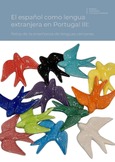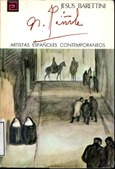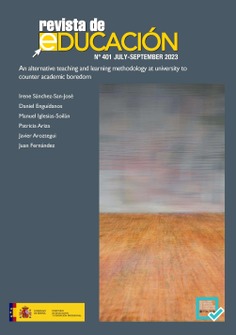An alternative teaching and learning methodology at university to counter academic boredom
Boredom at university has been shown to interfere with teaching and learning. It is linked to variables such as task importance and complexity, or student¿s autonomy, which are in turn related to the chosen teaching and learning methodology. The goal of this study is to test the effectiveness of a new methodology based on four principles -shared teaching, flipped classroom, human model of teaching and creative evaluation- on reducing boredom. Three studies were carried out during two academic years -2019/2020 and 2020/2021-, the latter consisting of a replica aimed to test if initial data can be maintained. Method: Participants were third-year psychology students from the Complutense University of Madrid, drawn from 4 groups of the afternoon shift (49 participated in the initial study, 56 in the main study and 73 in the replica), who expressed their views using two evaluation instruments designed specifically for the purpose. Participants in the last two studies attended a total of 45 hours of the same course using the proposed methodology. Results: Results show that students overall get bored in class, with a notable reduction whenever the new methodology was used in both academic years. Conclusions: The replicated methodology fulfils its purpose. Nevertheless, more applications are convenient, enabling the study of the weight of each specific related variable in order to guarantee its correct application in other contexts.
- Idioma
- Castellano
- Editorial
- Instituto Nacional de Evaluación Educativa
- EAN
- 9789200255335
- Edición
- 1
- Fecha publicación
- 22-12-2023
Libros relacionados

Boletín Oficial del Ministerio de Educación y Ciencia año 1975-1. Actos Administrativos. Números del 1 al 13 e índice 1º trimestre
![El modernismo en España : [exposición] : Casón del Buen Retiro, Madrid, octubre-diciembre 1969](/media/mefp/images/thumbs/edition-181676-115x157.jpg)
El modernismo en España : [exposición] : Casón del Buen Retiro, Madrid, octubre-diciembre 1969

Revista de educación nº 199

Funciones para windows

Tesis doctorales 1992/1993

El español como lengua extranjera en Portugal III: Retos de la enseñanza de lenguas cercanas

Anaquel nº 22. Boletín de la Consejería de Educación en Portugal

Alba nº 070. Del 1 al 15 de Abril de 1967

Catálogo general del Servicio de Publicaciones

N. Piñole



